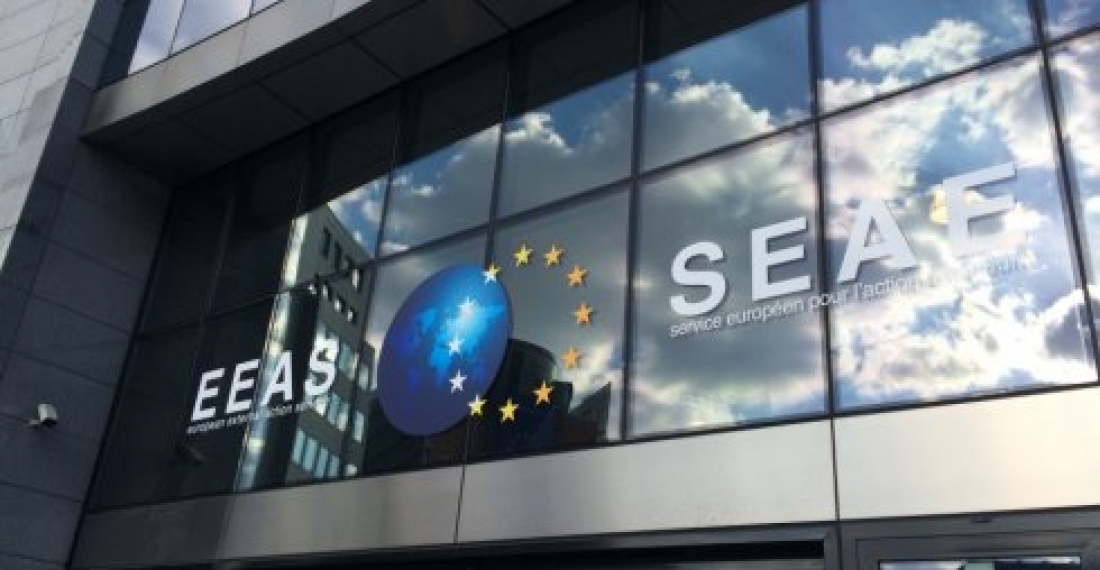В заявлении, опубликованном представителем Европейской службы внешних действий, ЕС поднял вопрос журналиста Афгана Мухтарли, вынесенный ему недавно приговор и его предполагаемое похищение в Грузии.
В заявлении говорится:
Шестилетний приговор, вынесенный азербайджанскому журналисту Афгану Мухтарли судом 12 января, рождает серьезные вопросы в отношении осуществления основных прав, в том числе свободы выражения мнений и средств массовой информации и надлежащей правовой процедуры в Азербайджане.
"Предполагаемое похищение Мухтарли в Грузии, сопровождаемое его арестом и судебным преследованием в Азербайджане, требует тщательного и прозрачного расследования."
"Все случаи лишения свободы, связанные с осуществлением основных прав, должны быть в срочном порядке пересмотренны Азербайджаном, а затем все имеющий отношение лица в соответствии с международными обязательствами Азербайджана должны быть освобождены", - говорится в заявлении.
источник: commonspace.eu по материалам пресс-службы Европейской службы внешних действий






